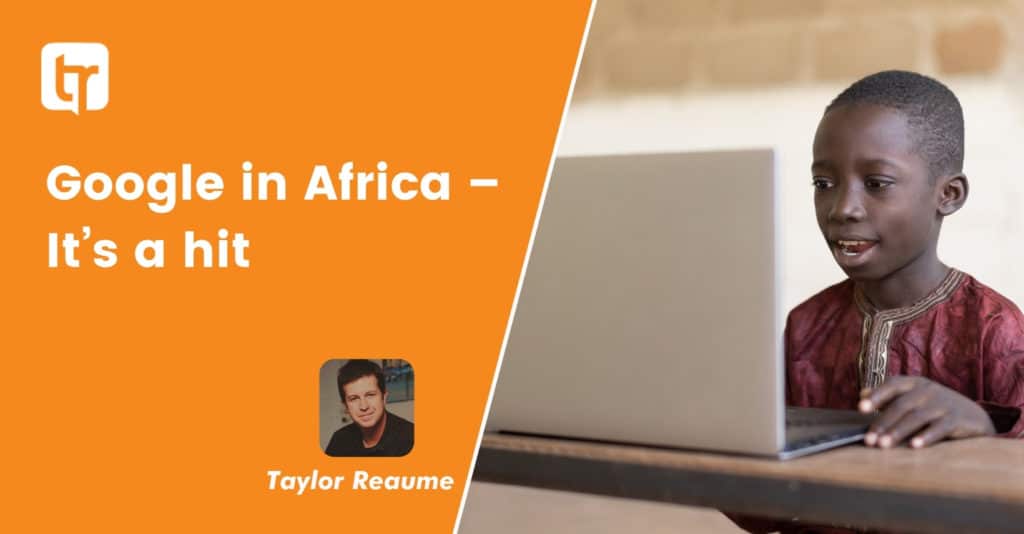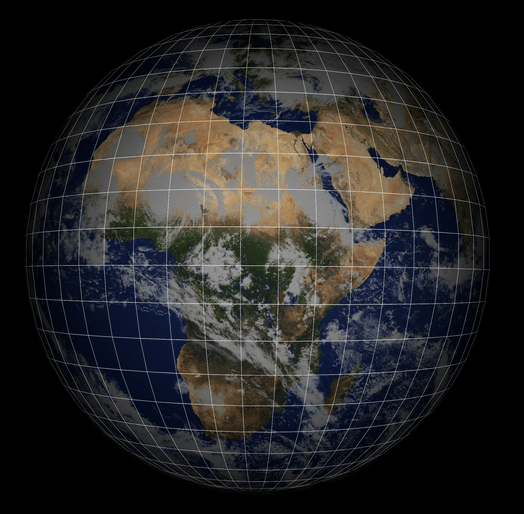
Online Africa is developing even faster than the new highways of offline Africa. Undersea cables reaching Africa on the Atlantic and Indian Ocean coasts, plus innovative mobile-phone providers, have raised internet speeds and slashed prices. In some African markets, you can buy a daily dose of internet on a mobile phone for about the cost of a banana (ie, less than ten American cents). This burgeoning connectivity is making Africa faster, cleverer, and more transparent in almost everything that it does.

Google can take a lot of the credit. The American search-and-advertising colossus may even be the single biggest private-sector influence on Africa. It is not just that its internet-search and e-mail are transforming Africa. Take maps. Before Google, ordinary Africans struggled to find maps. Military and civilian mapping offices hoarded rolls of colonial-era relics and sold them at inflated prices. By contrast, Google encourages African developers to layer maps with ever more data. In Kenya 31,000 primary schools and 6,900 secondary schools are marked on Google maps. Satellite views even let users see if the schools have built promised new classrooms or water points. Similar initiatives let voters verify local voting figures at election time. Satellite views of traffic jams have also shamed some African cabinets into spending more on city infrastructure.
Google has also pepped up Africa’s media, enabling Africans to read each other’s newspapers. Google is improving translation software to bring more Africans who speak only local languages online. As well as English, French, Portuguese and Arabic, it offers Zulu, Afrikaans, Amharic and Swahili. Languages like Wolof, Hausa, Tswana and Somali are set to follow.
Let critics complain that Google is buying up enormous amounts of virgin digital land in Africa at virtually no cost. Within a couple of decades, without the regulatory oversight of the African Union or African governments, they say, Africa’s internet life will be almost entirely in hock to the Google giant. Even the company’s decision to go slow on seeking profits from Africa by offering cheap deals has been attacked by African would-be rivals, which say that such tactics are only extending Google’s unfair advantage.
Faster downloading speeds have helped make Google’s YouTube video-viewing more popular. Young urban Africans organise YouTube parties. The company is also trying to help African governments digitise information and make it freely available to their citizens. Many rulings in the higher courts of Ghana, for instance, are going online.
Google says its recent effort to best a rival South African firm, Mocality, was an embarrassing aberration. Google’s top man in Africa, Joe Mucheru, brushes aside fears of a monopoly. The company’s advertising model, he says, helps African business. “The more Google grows, the more the entire ecosystem grows.” He is especially keen on Google+, a service that seeks to provide an even more useful online community than Facebook.

